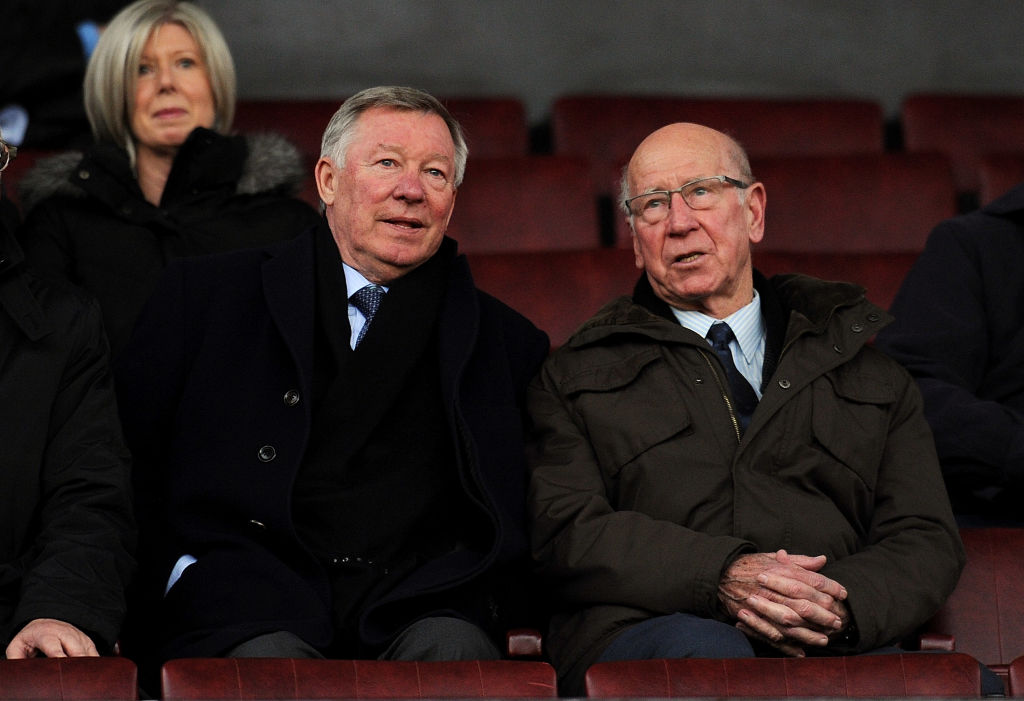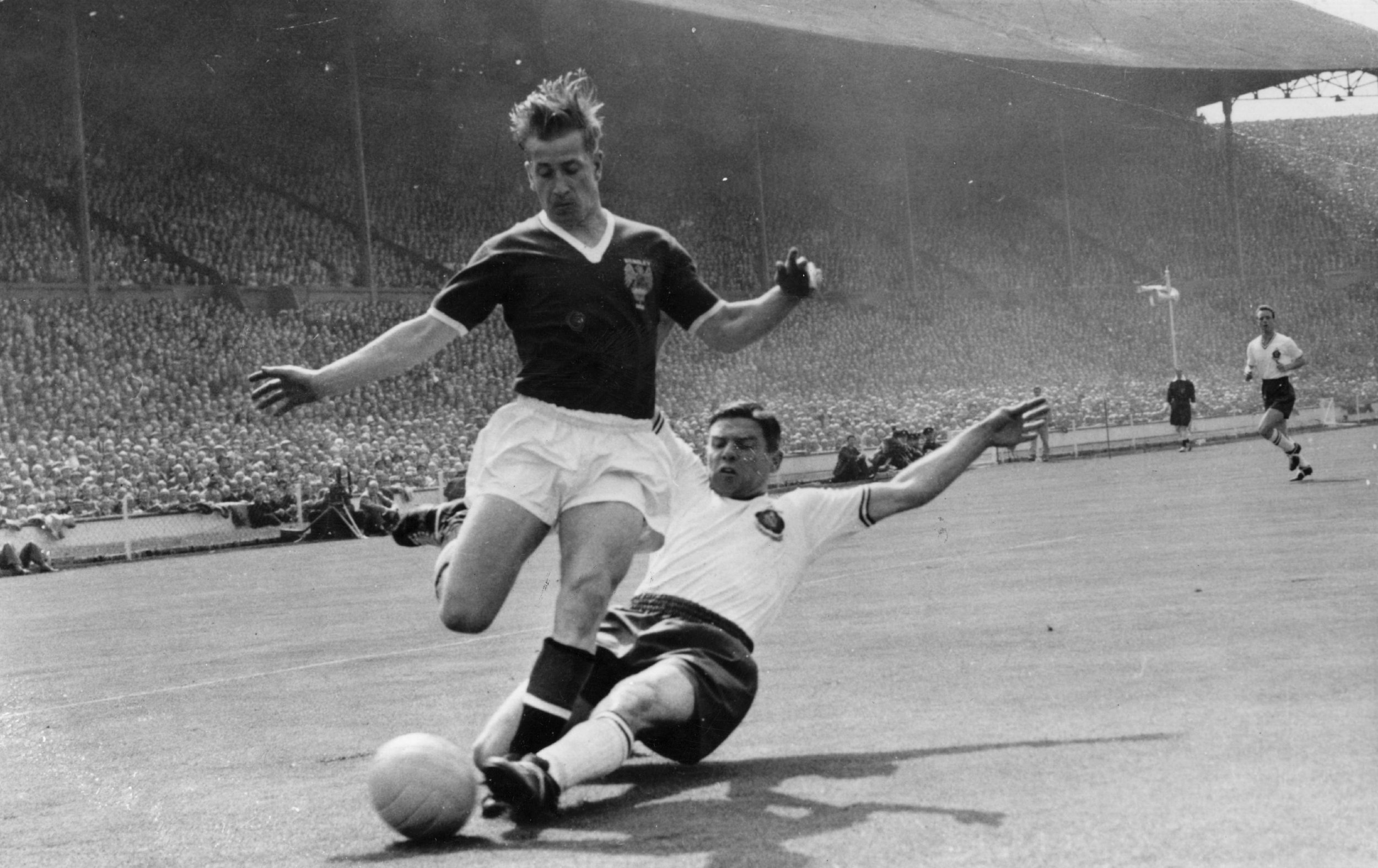
has recalled the first time he ever saw Bobby Charlton and how they developed a personal connection at , after the man Ferguson describes as ‘without question the greatest English player of all time’ died last week.
The former Manchester United manager paid tribute to the Red Devils legend after the sad news of his death at 86 years old.
The Scot’s memories of the Englishman go all the way back to the ’50s, and has nothing but praise for him as a player and a man.
Ferguson said: ‘I first set eyes on when he made his debut for against at Hampden Park in April 1958, just two months after surviving the Munich Air Disaster.
‘I was there as a Scotland fan, stood on the terraces by the corner flag, and I remember Tom Finney playing as an outside-left against Alex Parker, who was a very good full-back. On one occasion, Finney got the better of Parker, took the ball to the byline and cut it back across the box for Bobby, who hammered it into the roof of the net from 16 yards out.
‘In those days you didn’t have players jumping on top of each other when they scored, and Bobby just jogged back to the halfway line with a couple of slaps on the back from his team-mates.
‘But the Scottish keeper sprinted out of his goal 40 yards to congratulate him, not just because it was a great goal, but also because of what Bobby had been through. Everyone in the stadium that day could see there was a bit of magic about him, but also some steel.

‘The personal connection between us began almost three decades later, when I was manager of Aberdeen, and Bobby was a director of Manchester United when they were looking for a new manager.
‘The directors came to meet me in Glasgow and asked what my vision was for the job. I said I would take the same approach I had at Aberdeen, by looking to build up the whole club, not just the team, and that I would do that by developing young players.
‘As I was explaining this, I saw Bobby nudge one of the other directors and he said, “that’s what we want”. He’d made his mind up. From that moment on he was a tower of strength for me.
‘It’s no surprise to me that we’ve seen tributes to Sir Bobby from everywhere in the world, on every TV channel and in every newspaper, because he was without question the greatest English player of all time.
‘People loved him because of all those thunderbolt goals but it was more than that. My dad used to say that humility in success is a sign of greatness, and that was Bobby. He never used to boast about his own achievements; it was always about the team and the club.’
, . , and .

























